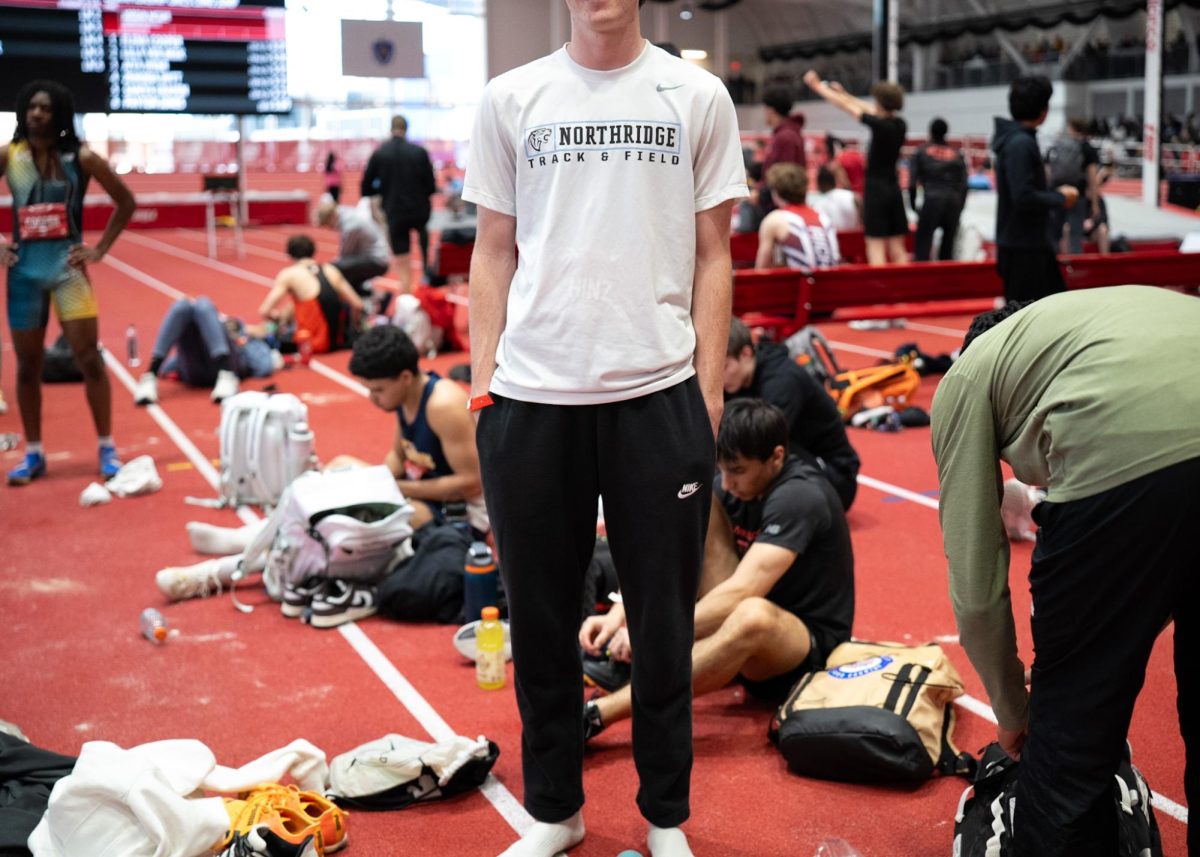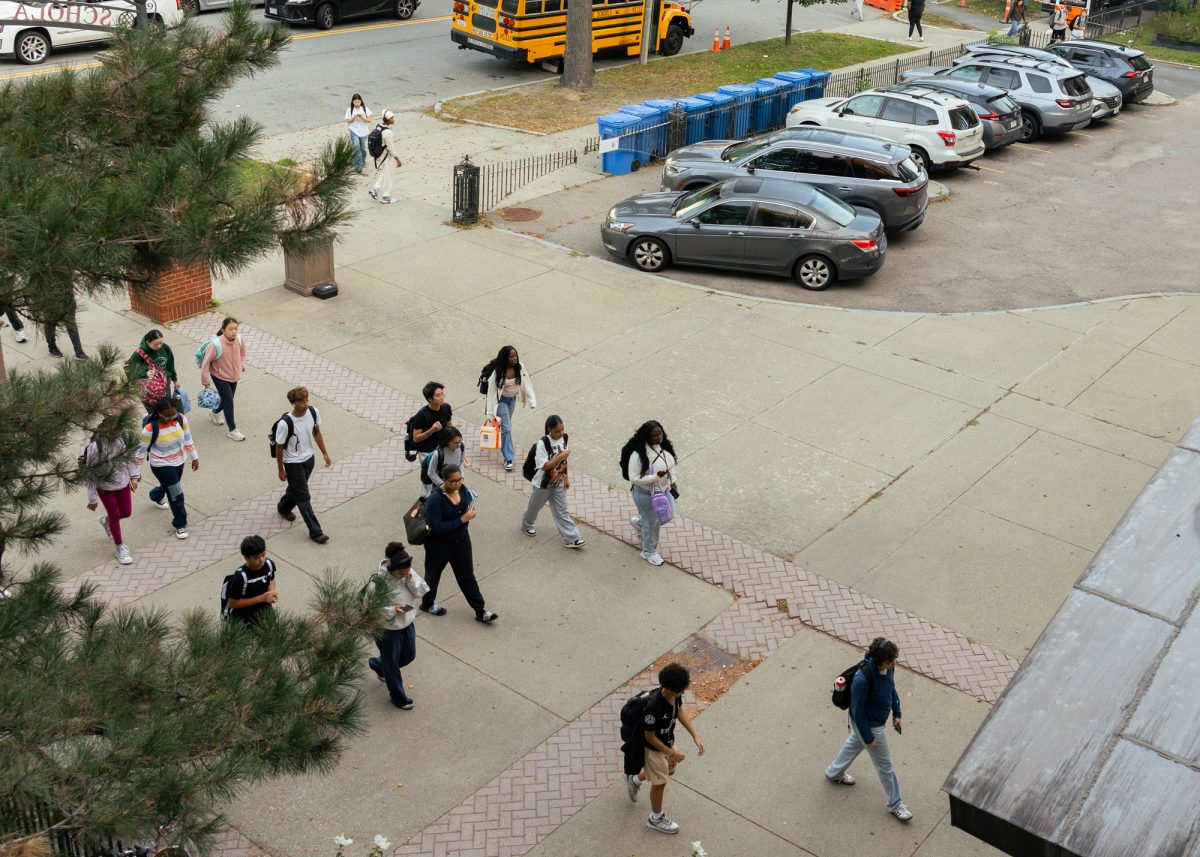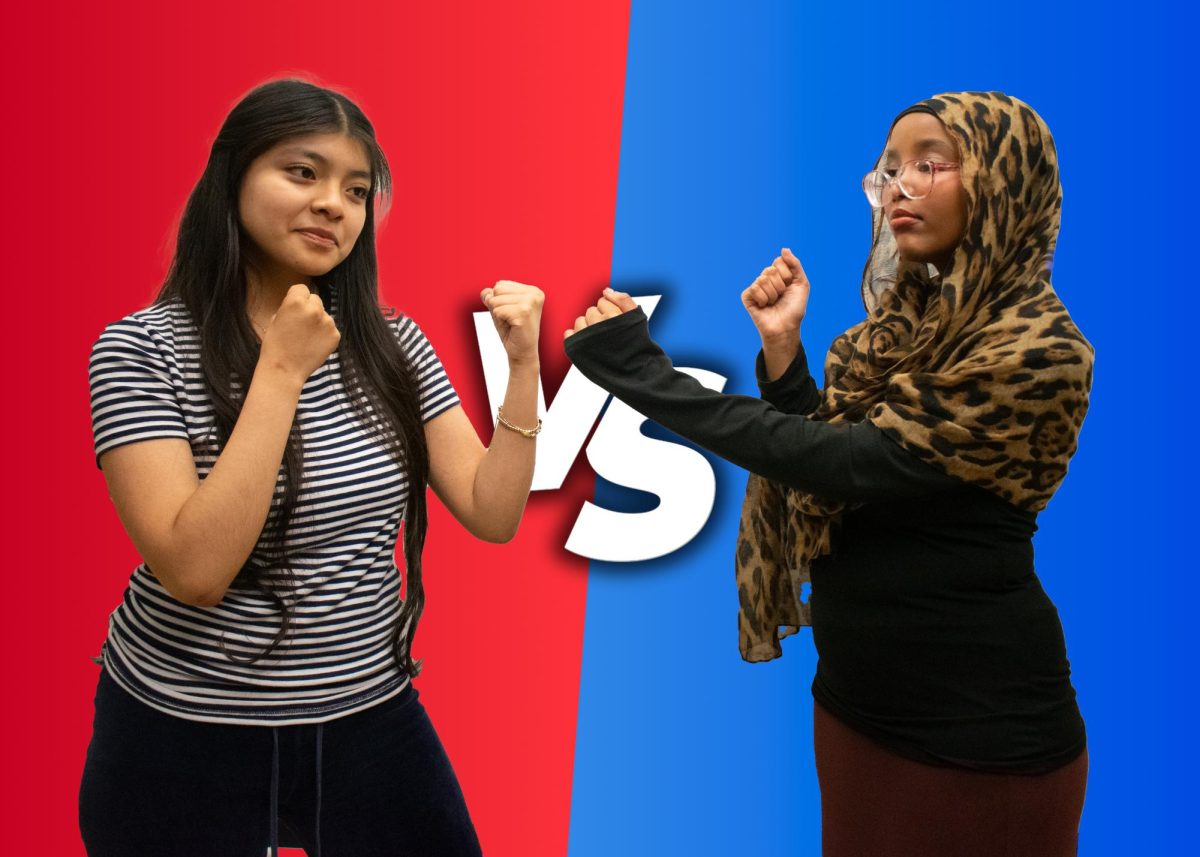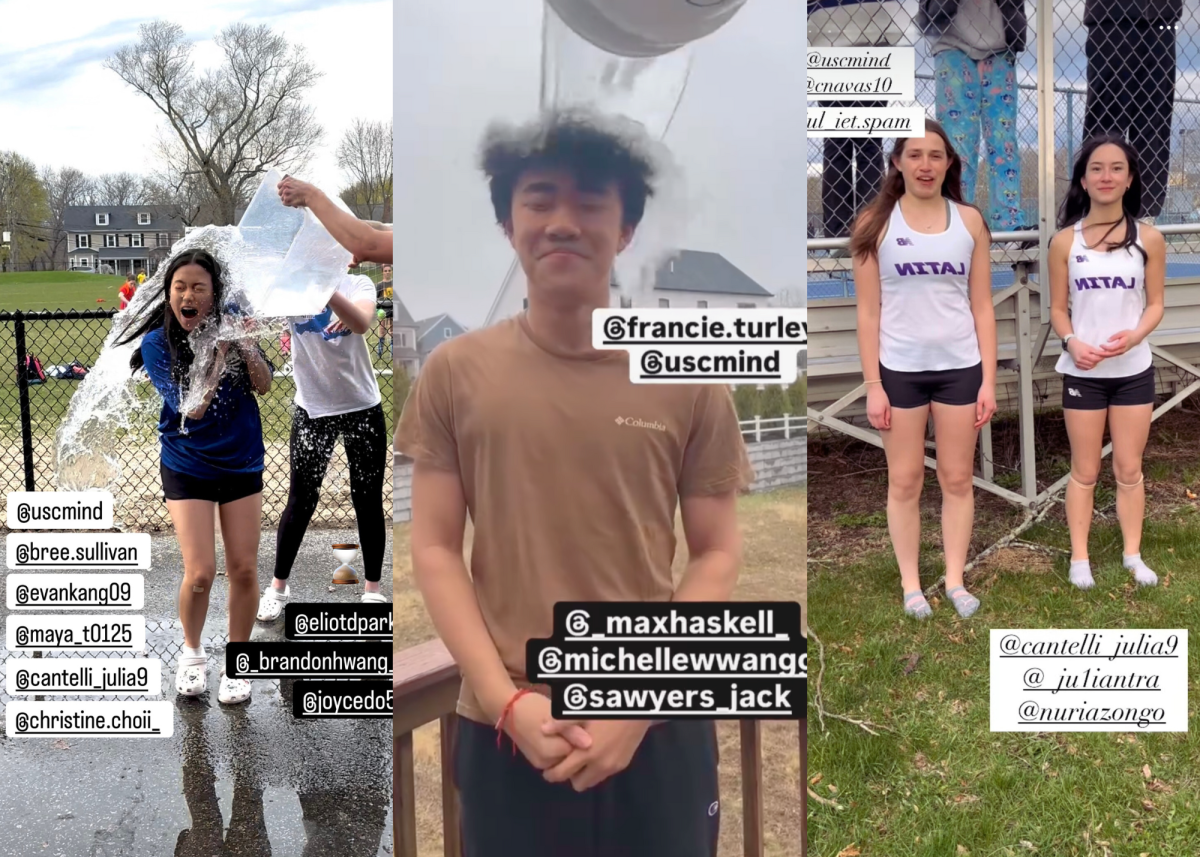The hallowed halls of Boston Latin School, once adorned with blazers, skirts and dress shoes, have now been replaced with athleisure, sweats and pajamas. BLS has long been recognized for its rigorous academics and classical traditions. As time has progressed, so has the informality of school attire. Although many students appreciate the freedom to express themselves through fashion, implementing a formal dress code would significantly benefit the school environment.
First, students’ learning would be enhanced, because in addition to learning academic subjects, they would learn discipline and respect for institutions by dressing formally for school. Such respect is not only noticed by teachers, but by fellow students. Hudson Urasaki (IV) notes “I just feel like when people put in that little bit of effort to present themselves, it is much more impressive to me, and it makes them stand out.” As Urasaki’s comment reveals, dressing more formally improves students’ opinions of one another, leading to more mutual respect.
Another advantage of formal dress codes is that they have positive psychological impacts on students. Dressing for success influences performance on activities and boosts general mood. A paper published in Social Psychology and Personality Science showed that those wearing formal business attire demonstrated more abstract thinking. Students will also feel more confident and ready to meet their day if they have to wear more formal clothes. “I like to look put together,” Juna Yatsu (V) explains when asked about dressing for school. They add that they do not want to look like “a mess, as if [they] had just rolled out of bed and left.” When students wear formal clothing, they will be more confident when participating in academic activities, while still having the freedom to curate their outfits that a full-blown uniform does not afford.
A formal dress code would also equip students with important fashion skills for their futures, where many jobs require their employees to dress professionally. Actions such as tying a tie or ironing a wrinkled dress — key to professional attire — can be daunting for many young people. Having to dress formally daily, however, would instill these habits so that post graduation, they are second nature. A formal dress code would ensure that students present themselves neatly and reduce the distractions of overly casual or unkept appearances, encouraging students to take their studies more seriously.
Another benefit of a formal dress code is that it promotes equality. With a loose dress code, students may feel obligated to keep up with the current trends and feel inferior if they cannot afford, or are not allowed to purchase, new clothing. Unlike a full uniform, however, students can maintain their sense of individuality within this equality because not all students will look identical. A shared set of rules for dressing may also help students feel closer and more similar to their peers, reducing the stress some students may face regarding clothing.
Formal dress codes, if properly implemented, could also combat the spread of fast fashion. When students are given the ability to make their own fashion decisions, many turn to fast fashion options, which are cheaply made, mass-produced and harmful to the environment. Under a formal dress code, students would instead purchase a small amount of high quality, long-lasting items such as suits and dresses.
Despite the many benefits of a formal dress code, critics argue that it would hinder student individuality. Sareen Sean (IV) notes, “A formal dress code would limit students’ ability to express themselves, as almost nobody feels like themselves in formal dress if it’s not their style.” Despite valid feelings of not being oneself in formal clothing, there is still a lot of room to display one’s personality with it through fun colors and patterns. Unlike a uniform, a formal dress code preserves a good balance of freedom of expression and professionalism. Being confined in clothing would also teach students how to express themselves in areas beyond dress such as personality, speech and ideas.
Enforcing a stricter, more formal dress code at BLS would ultimately be beneficial to students and faculty. This would foster a sense of professionalism and preparation conducive for learning, motivating students to approach their studies with a greater sense of responsibility and pride in their education. So, the next time you are choosing between sweatpants and a suit, choose the suit.
Categories:
Dress for Success: BLS Needs a Formal Dress Code
By Elaine Lin (IV), Contributing Writer
March 26, 2025
0








